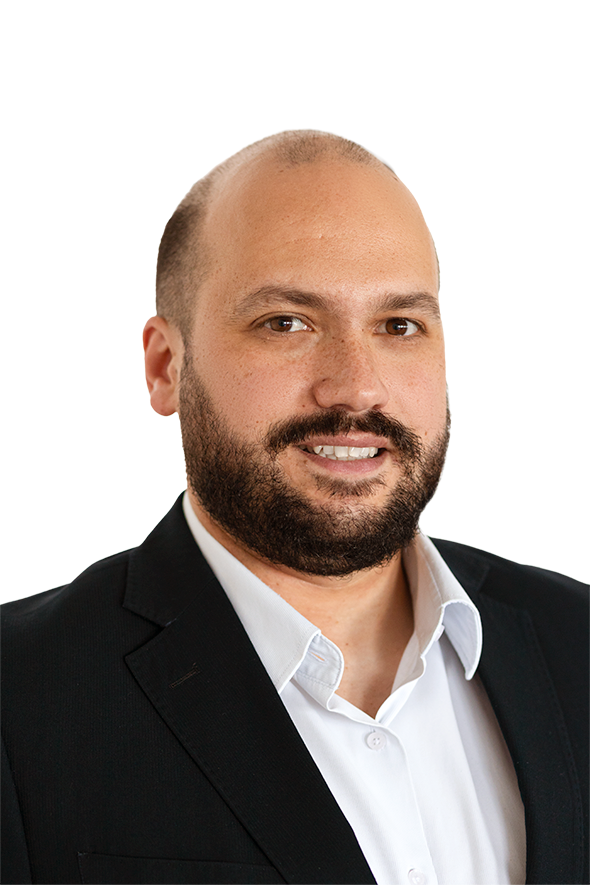
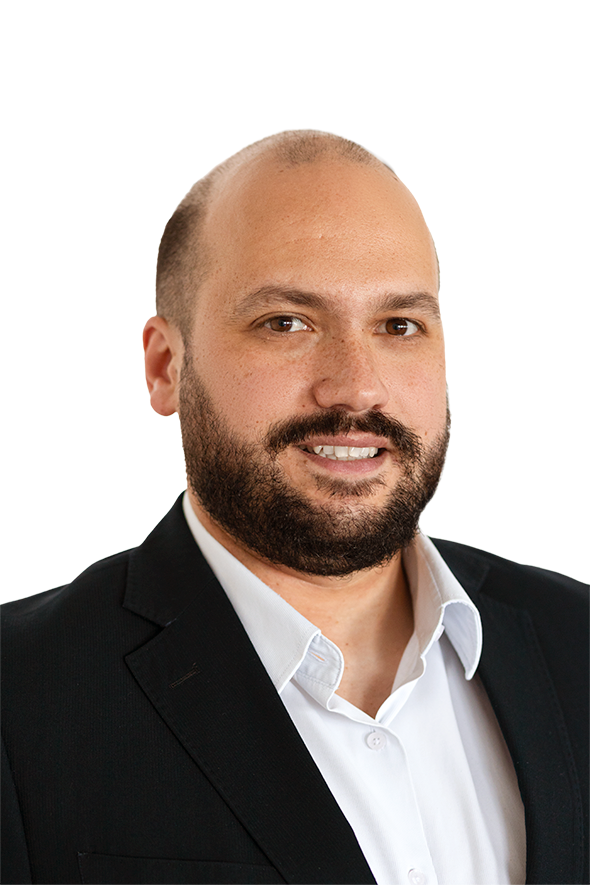
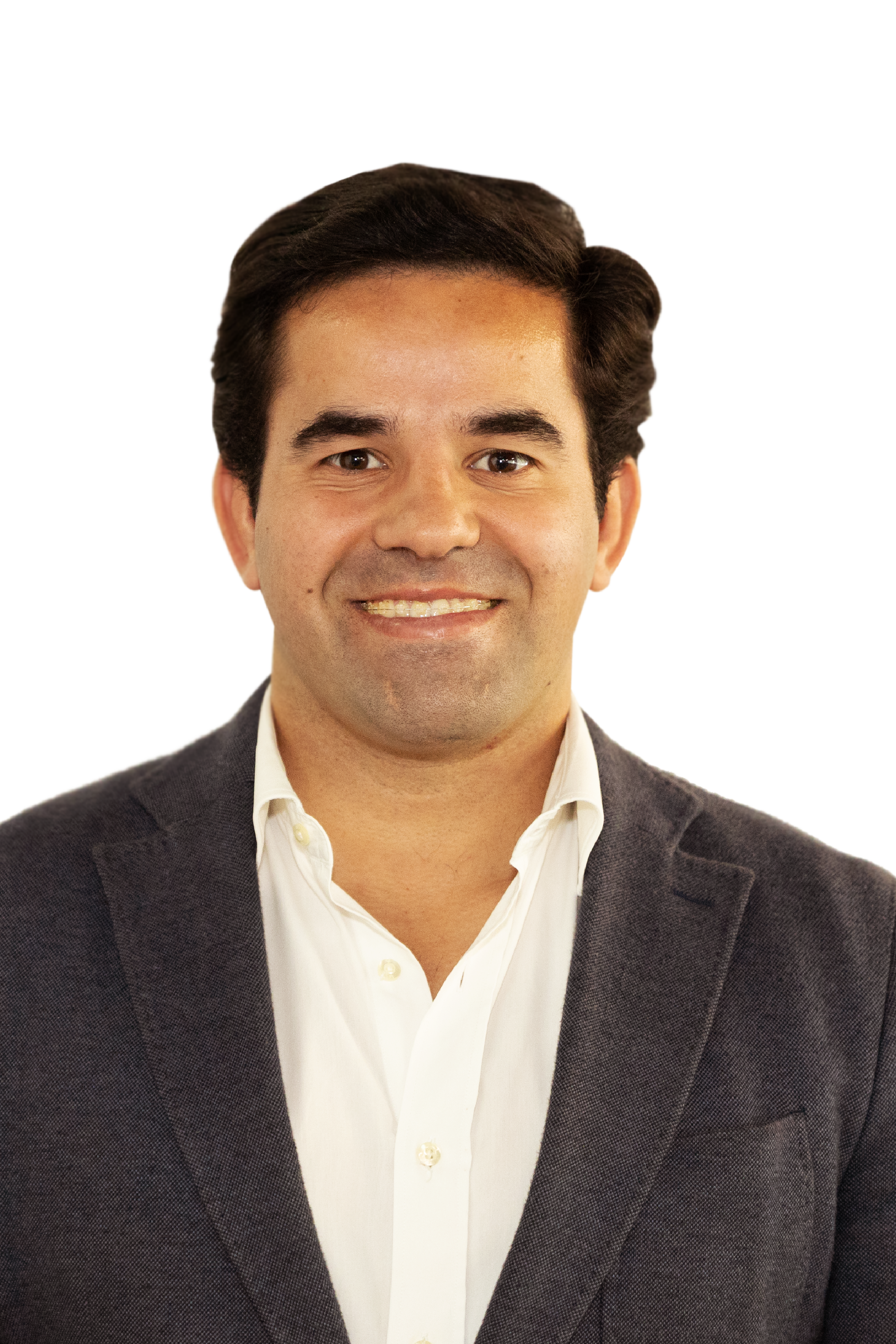
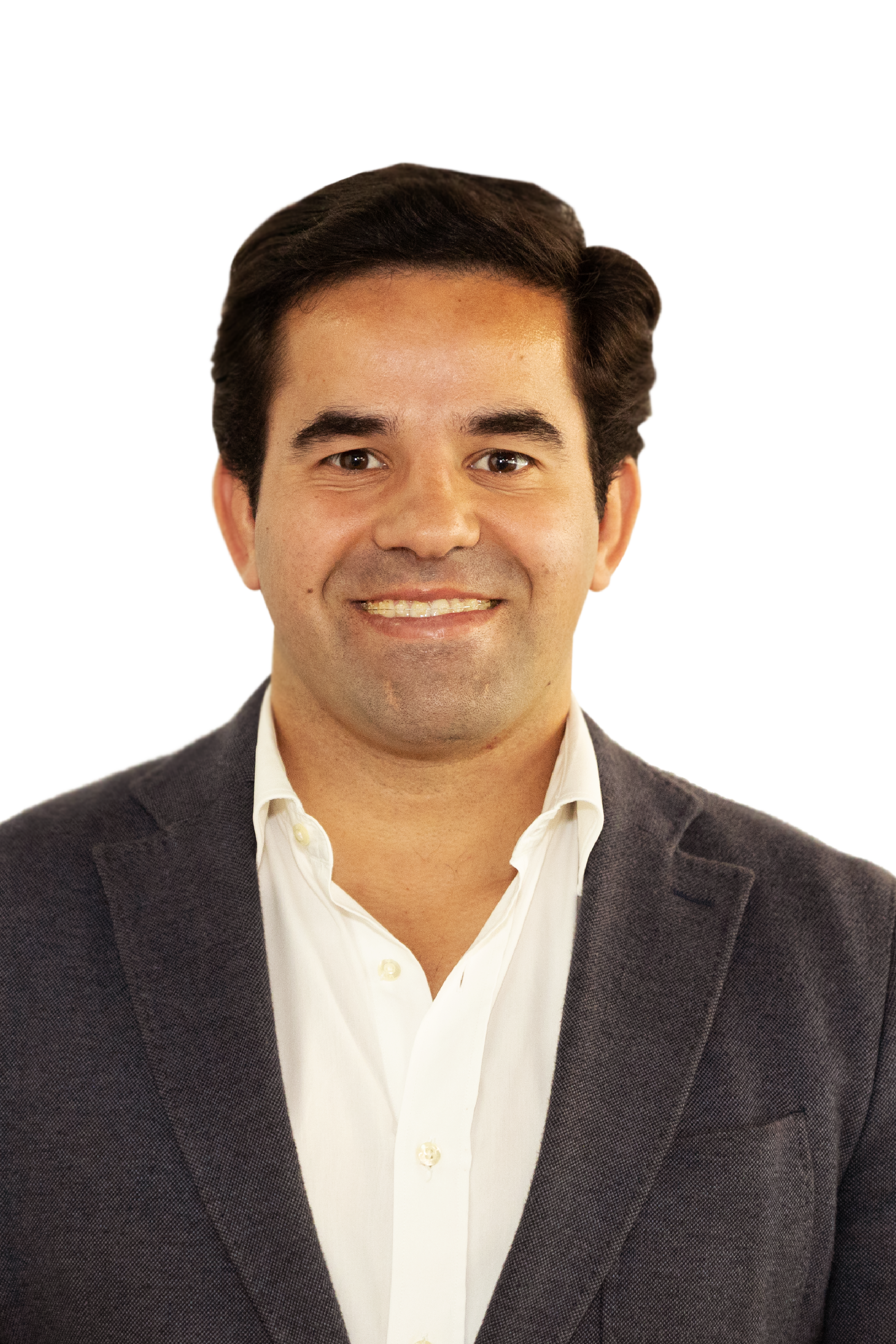
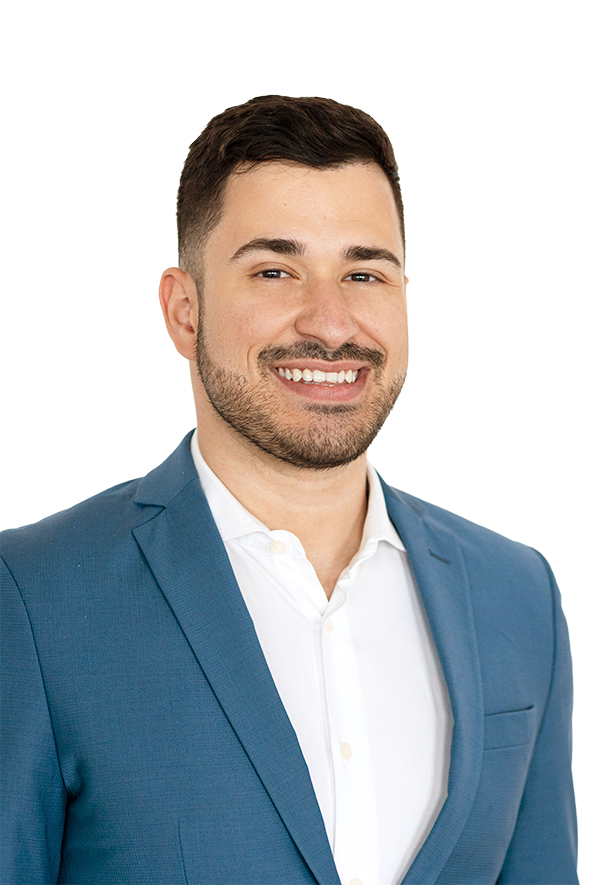
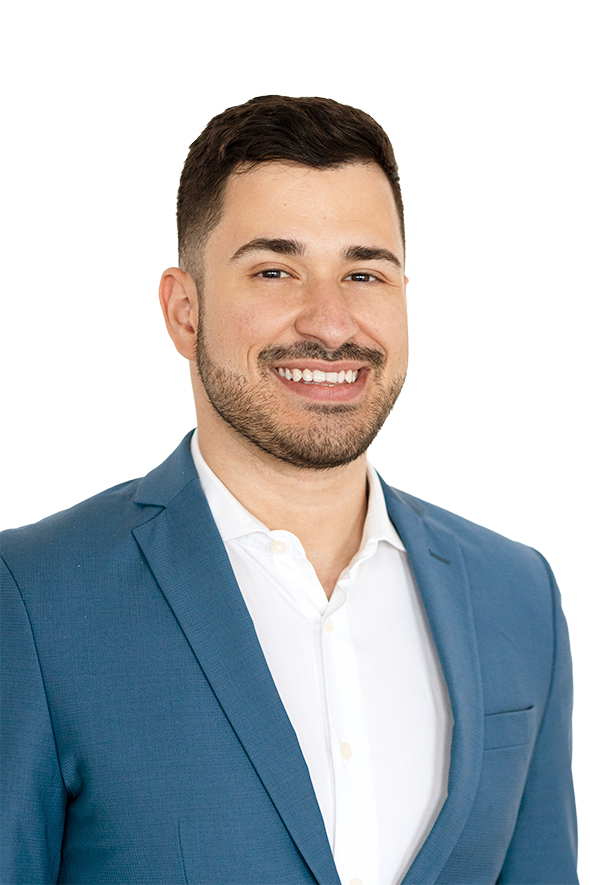
A group of people with a common purpose: to bring together a community around an inclusive technology consulting project. We return to our origins, through a sustainable corporatism strategy – work-life balance, flexible work, community involvement – whose ultimate goal is the empowerment and happiness of our people. We believe that success is based on building a team focused on collective well-being, personal and professional development, and based on a work philosophy that enhances the healthy management of our lives.
In industrialized countries, most of our time takes place indoors. According to the National Human Activity Pattern Survey in the United States, around 90% of our lives are spent indoors, that is, by the age of 40 we will spend 36 years indoors. Since Portugal occupies the 10th place among the European Union countries with the longest working context, I wonder how long we have been involved in the business context.
12-10-2023
In this return to school and children's daycare, one of the issues that arises is the articulation between parents' work and their children's school. “Who will take and who will get?”is the home game that takes place between parents. For the first time in my life, I am going through this dilemma and I could not be more proud to be in a company and group that looks at this paternal moment in a natural, respectful and understanding way.
12-10-2023
Dividing the calendar between work and leisure, living in the present, dedicating a space exclusively to work, creating transition rituals and reevaluating are 5 essential tips for a balanced personal and professional life.
28-09-2023
We provide genuine smiles to our team! That was the conclusion of the Happiness Works 2023 study, which highlighted the companies with the happiest employees in Portugal. team.it is part of this group and ranked between 4th and 20th.
06-06-2023
Team.it reached 2.6 million revenues in 2022. This figure represents an increase of 188% compared to the same period last year. The IT company concluded its second year with 75 professionals. In 2023, it intends to create 25 new jobs and reach 4 million euros in turnover. In order to achieve its objectives, it points to the continuous appreciation of the team's employees and the promotion of proximity to the technological market.
29-03-2023
To submit your spontaneous application, click the link below.